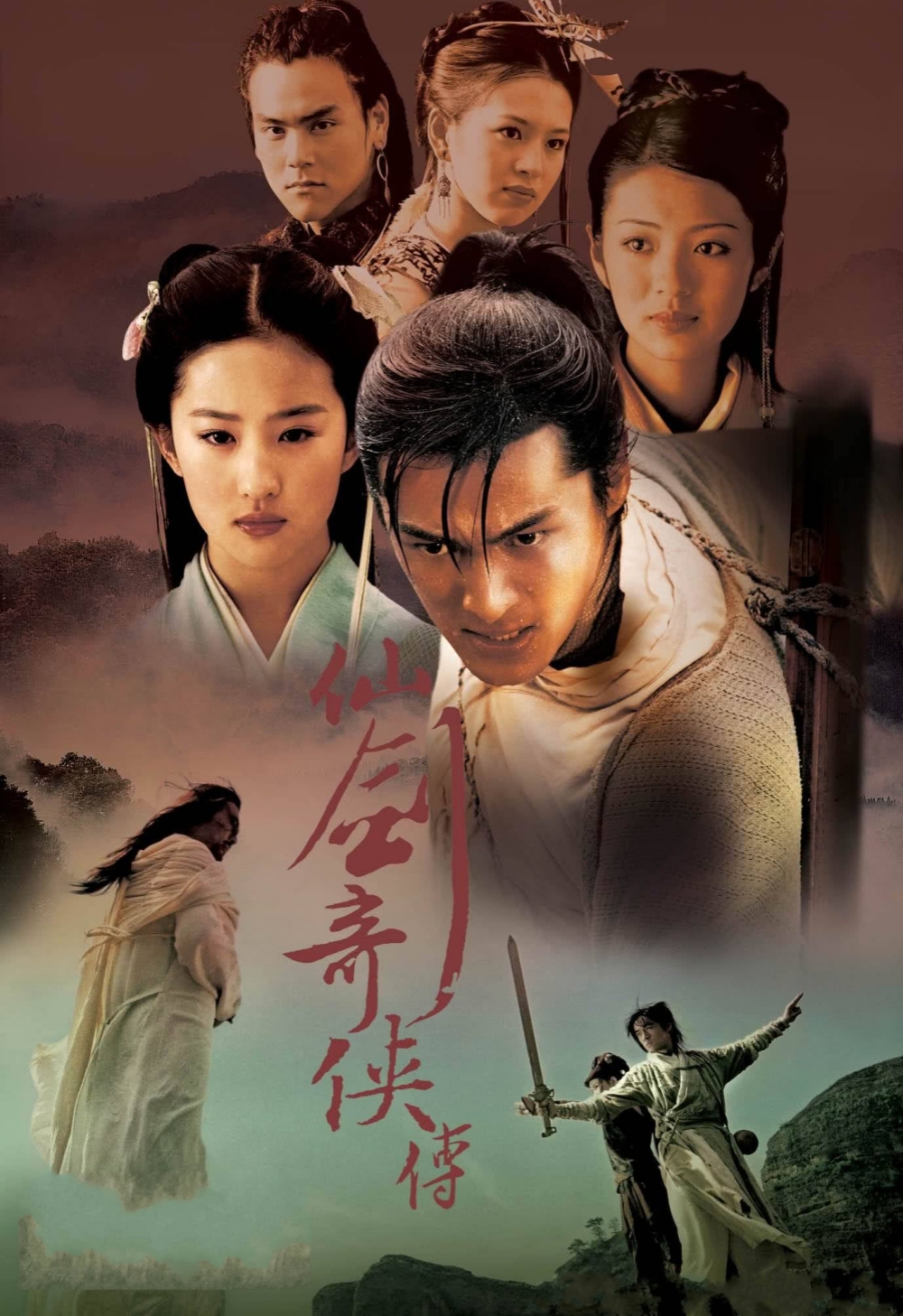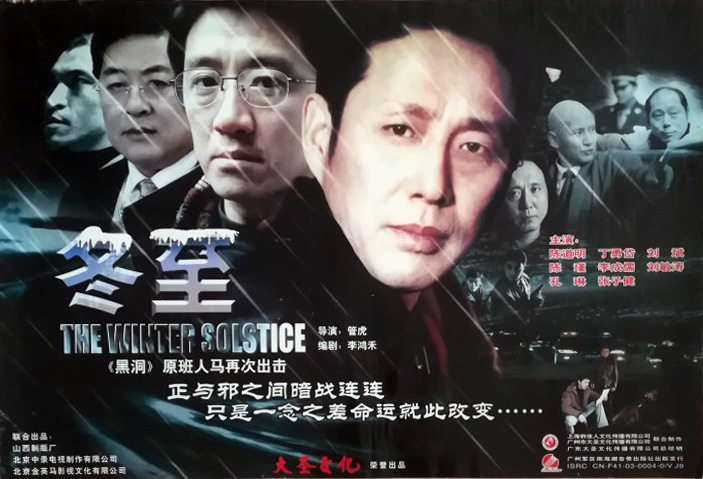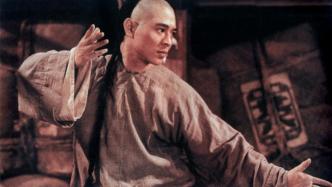
Editor's note: This is a nostalgic theater.
In 1990, with the "Swordsman", co-directed by master Hu Jinquan and his younger generation Tsui Hark, it gained attention in the market, and martial arts films became popular again. In just two years, "New Dragon Inn", "Swordsman 2" and "Once Upon a Time" trilogy have been produced one after another. It also pushed the once frustrated "Kung Fu Emperor" Jet Li to the public again.
This batch of films, as well as the subsequent Kung Fu films starring Jet Li, became familiar to mainland audiences because of repeated broadcasts on local film and television channels, and became representatives of popular commercial entertainment films. In addition to Jackie Chan's humorous "Kung Fu Comedy", the audience can also appreciate the chic and elegant skills of "Jet Li" and his lively and humorous performance style as an actor.
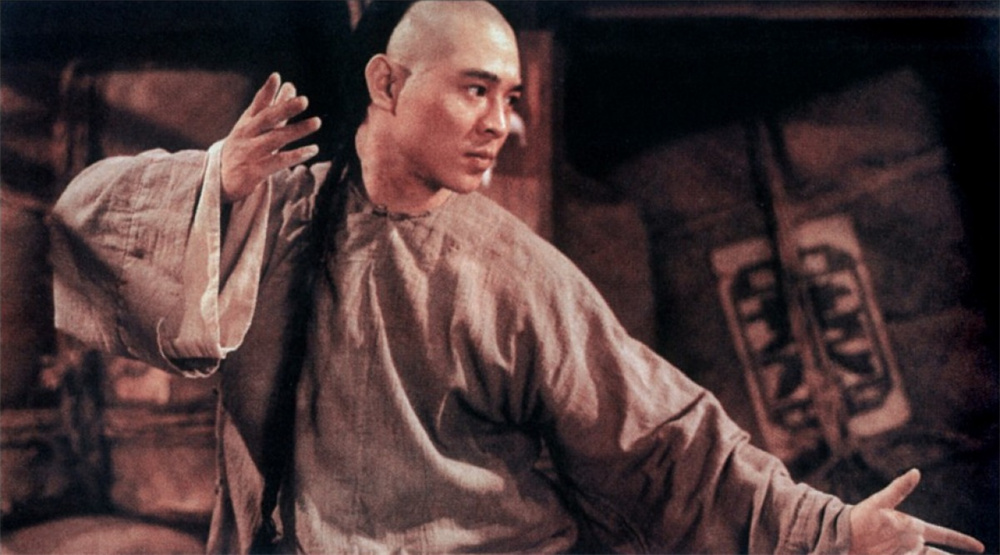
The image of "Huang Feihong" made Jet Li popular again, but it also brought him disputes with Golden Harvest.
But until the three "Huang Feihong" films were finished, Jet Li came to a fork in his life. The 4 film contracts he negotiated with Golden Harvest Company have expired, but the company has not paid wages, which made Jet Li very dissatisfied. And he also dismissed his agent, David Luo, who had a close relationship with Golden Harvest, and replaced him with Cai Ziming, who returned to Hong Kong from the Netherlands. In fact, whether it is Golden Harvest or Cai Ziming, they both have their own business, and often escalate commercial disputes into gang fights. Although most Hong Kong stars know the story, no one dares to let it go Talk on stage.
In short, in April 1992, Cai Ziming, who had just become Jet Li's agent, was shot 4 times by a mysterious killer and died outside his company at the age of 38. Even the day before Cai Ziming had just talked with Michelle Yeoh about film cooperation in the restaurant. Whether this matter is related to a specific celebrity dispute is not publicly discussed in the end, but it has caused a lot of inner shock to the big-name actors in Hong Kong, and they will be more low-key and cautious when approaching the company in the future.
In this context, Jet Li began to cooperate with Taiwanese film and television tycoon Yang Dengkui. For Golden Harvest, Yang Dengkui's background is deeper than Cai Ziming's. Obviously, the quack practice of beating and killing is not used, and he has to give some face. And Jet Li was finally able to get rid of Golden Harvest's control, and established his own "Zhengdong" company, whose name comes from his real name "Li Zhengdong", and began to independently produce movies.
Afterwards, "Zhengdong" produced two more five films, "Fang Shiyu", "Tai Chi Zhang Sanfeng", "The Bodyguard of Zhongnanhai", and "Jing Wu Hero", all of which starred Jet Li. Several films such as "Eternal Dragon Slayer" and "New Shaolin Five Ancestors" finally further confirmed Jet Li's title of "Kung Fu Emperor".
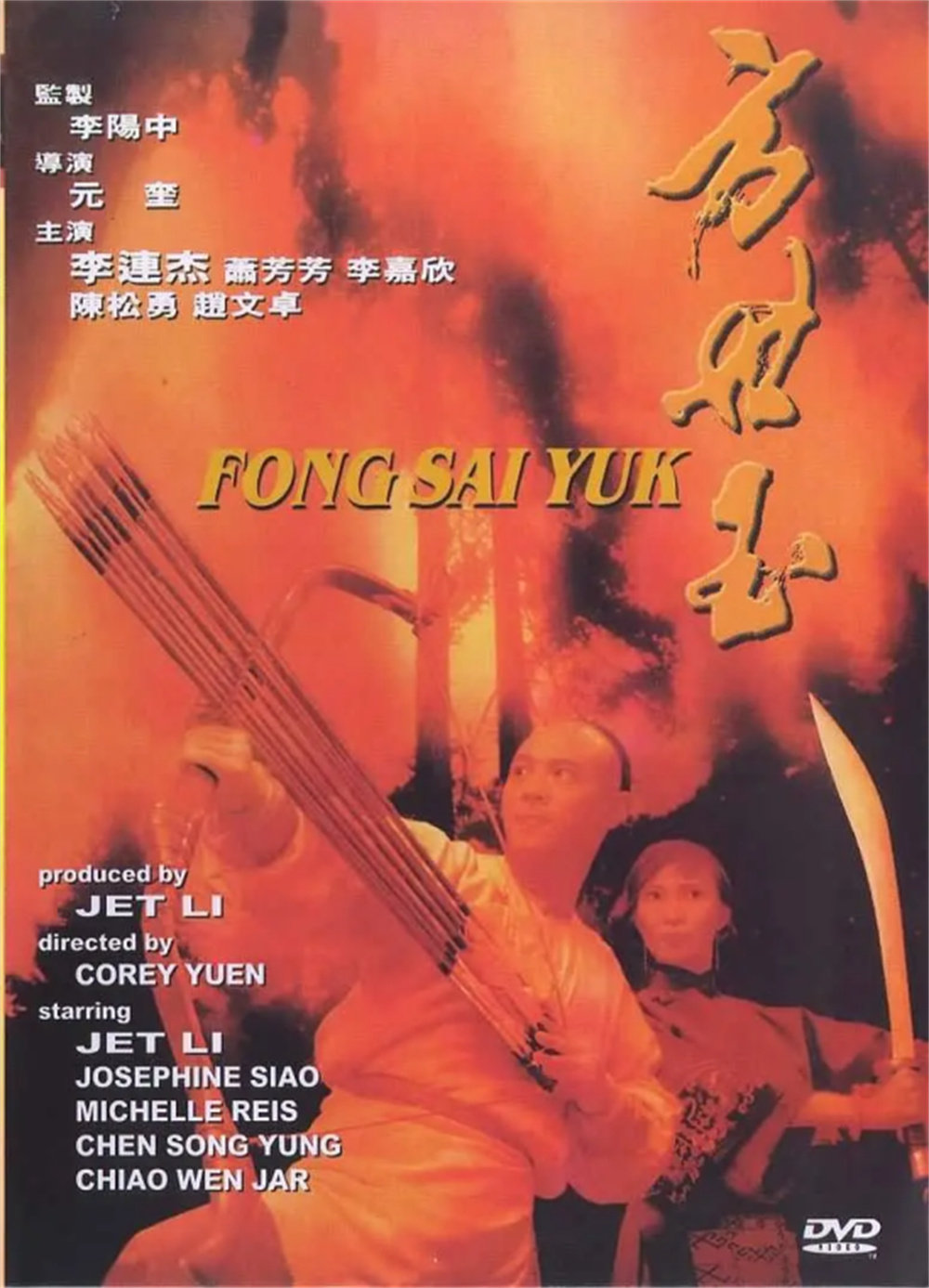
The producer "Li Yangzhong" is actually Jet Li himself. As the first film producer, Jet Li was under a lot of pressure.
When "Zhengdong" was first opened, because the image of Jet Li's previous three "Once Upon a Time" was too popular, people generally did not like the operation of his own company to make movies. As for the producer of the film, Jet Li used the name "Li Yangzhong" that Mr. Jin Yong helped him to choose, but it was actually himself. At the beginning of filming, Xu Anhua was originally scheduled to direct, but Yuan Kui from "Seven Little Fortunes" was later replaced. Yuan Kui, co-directed "The Gambler" and "The Gambler" starring Zhou Xingchi in 1990 with Liu Zhenwei. The comedy style of the film is quite lively. It is said that Liu Zhenwei is taking care of the filming of "East and West" at this time, and is also busy helping Wong Kar Wai to fix the pot. It only took 5 days to finish writing the script of "Fang Shiyu". Among the screenwriters, there is another young man who just returned from studying film in the United States three years ago-Cai Kangyong, who may have been recommended by Director Xu Anhua, and also contributed to the film. Another screenwriter is often in Hong Kong movies. Chen Jianzhong appeared.
In a warm atmosphere of "everyone gathers firewood", Jet Li's first film as the producer opened.
"Fang Shiyu" was released on March 4, 1993.
Judging from the filming effect, this is a quite successful comedy kung fu film. Not only did it earn a lot of money at the box office, but it was also widely loved by many mainland audiences. The plot of the story includes "martial arts competition to recruit relatives", bullies doing good, and even the "Safflower Club" where the rivers and lakes struggle with the imperial court. It combines many folk legends and martial arts novels. For a film that lacks a direct adaptation of the original work, the story absorbs a lot of legends and settings about "Fang Shiyu" from previous films, and also incorporates some plot concepts from "Book and Sword Enmity Record", but it still belongs to a film overall. Quite a wonderful original work.
One of the more obvious story clues is that Fang Shiyu's mother "Miao Cuihua" has always been the descendant of Southern Shaolin in folklore. She inherited the martial arts of her father Miao Xian and passed it on to Fang Shiyu. There are also many plots that can be explored. Compared with the comedy interaction between Huang Feihong and his father Huang Qiying in the "Once Upon a Time" series, Fang Shiyu and Miao Cuihua's mother-child relationship has become a key point in the film. In the process of playing his son, Jet Li showed a lot of witty and nonsensical comedy performances. Under the influence of director Yuan Kui, he also imitated many shadows of Jackie Chan and Stephen Chow's performance styles.
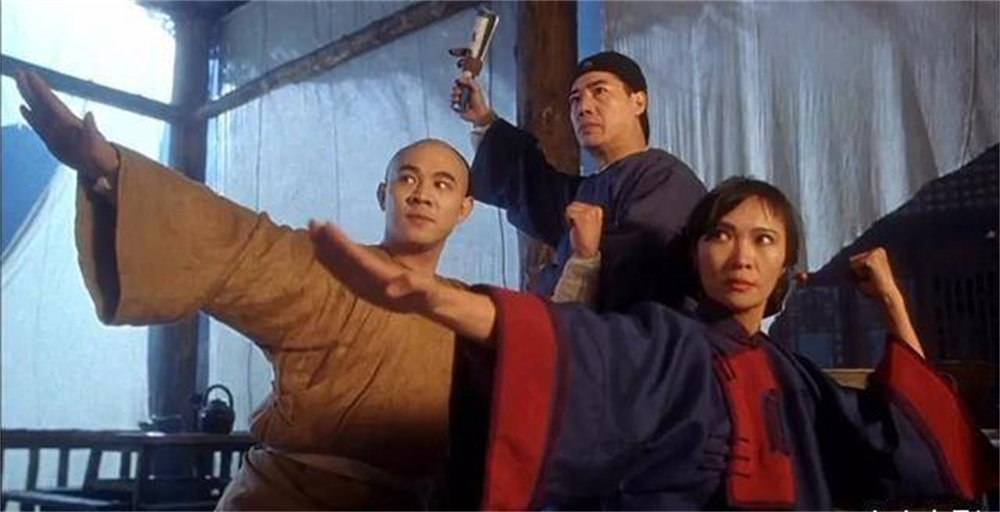
"Fang Shiyu" stills
I must focus on Xiao Fangfang, the actor of "Miao Cuihua". She made her debut as a child star when she was 7 years old. She sang the earliest version of "Only Mom is Good" when she was 11 years old. At the age of 48, she won the best award at the Berlin Film Festival for her "Forty Women" directed by Xu Anhua. Actress Award. Although from the perspective of acting career, Xiao Fangfang once studied in the United States when he was young, and gradually became deaf due to ear disease in middle age, so he had to be in a half-life state. It is not widely known, but he is still an excellent actor with a high reputation in the industry.
In the film, Xiao Fangfang can be seen in many places learning the skills and skills of Peking Opera when he was young, which can be said to be quite solid. In the many rival scenes with Jet Li, it can be seen that whether it is a drama or a comedy, she seems to be at her fingertips, and she seems quite natural. She has created a somewhat stubborn and cute character in a relaxed state that cannot be called "deliberate performance". The character image, in fact, the level of performance is quite good. Compared with Jet Li's performance, Xiao Fangfang is the real literary pillar in this film.
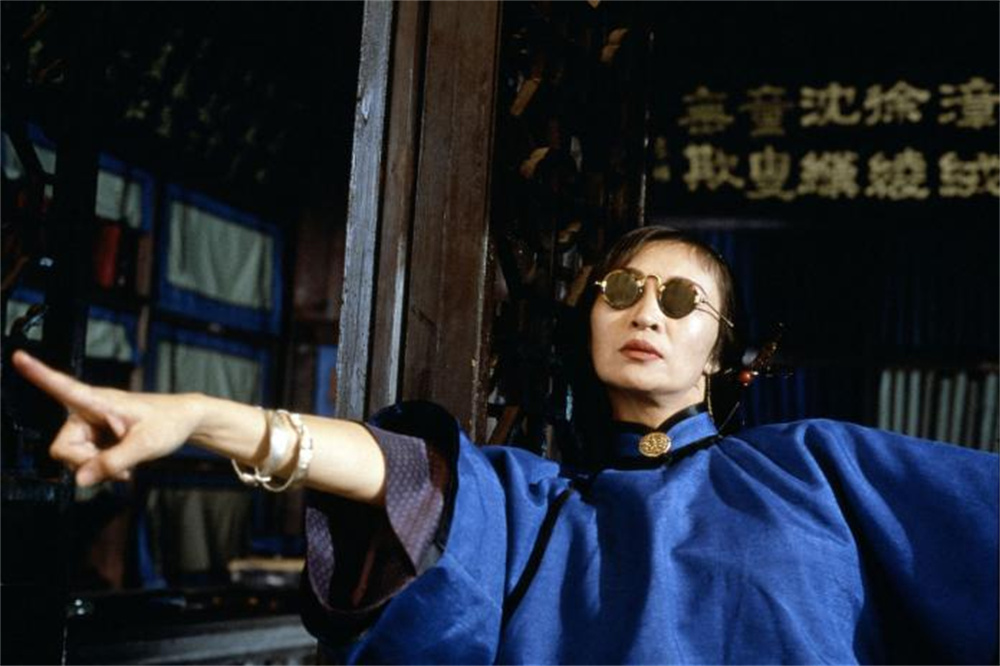
"Fang Shiyu" stills
In addition to Xiao Fangfang, perhaps because of Taiwan's boss Yang, two Taiwanese artists, Chen Songyong and Hu Huizhong, played the roles of the in-law "Thunder Tiger" and his wife. "Thunder Tiger" used a line of Fujian Mandarin that was always on the lips, "Convincing people with virtue", which became the line that impressed the audience the most. Hu Huizhong, who has transformed into a female star, apart from a few shows on her fists, and "Fang Dayu" who disguises herself as a man with Xiao Fangfang, also has a secret love plot, which makes people feel interesting and affectionate. As for whether this story of same-sex attraction comes from Cai Kangyong, one of the screenwriters, it can only be guessed by everyone.

Behind Lei Hu, who "convinces people with virtue", stands Pan Yueming, who is playing tricks.
In addition, the film also unearthed a newcomer, Zhao Wenzhuo who plays the villain "Admiral of the Nine Gates". Zhao Wenzhuo was born in a martial arts family in Harbin. He has practiced martial arts since he was a child. It is said that when director Yuan Kui discovered him, he was still studying in the martial arts department of Beijing Sport University. Although "Fang Shiyu" was only his first film, his handsome appearance and vigorous skills immediately made Zhao Wenzhuo the object of subsequent competition from major film companies. Including the fourth "Huang Feihong" after Jet Li left, Zhao Wenzhuo became the leading actor; in the same year, he also starred in the corner of Fa Hai in Tsui Hark's "Green Snake", and it can be said that his stardom has been open since then.
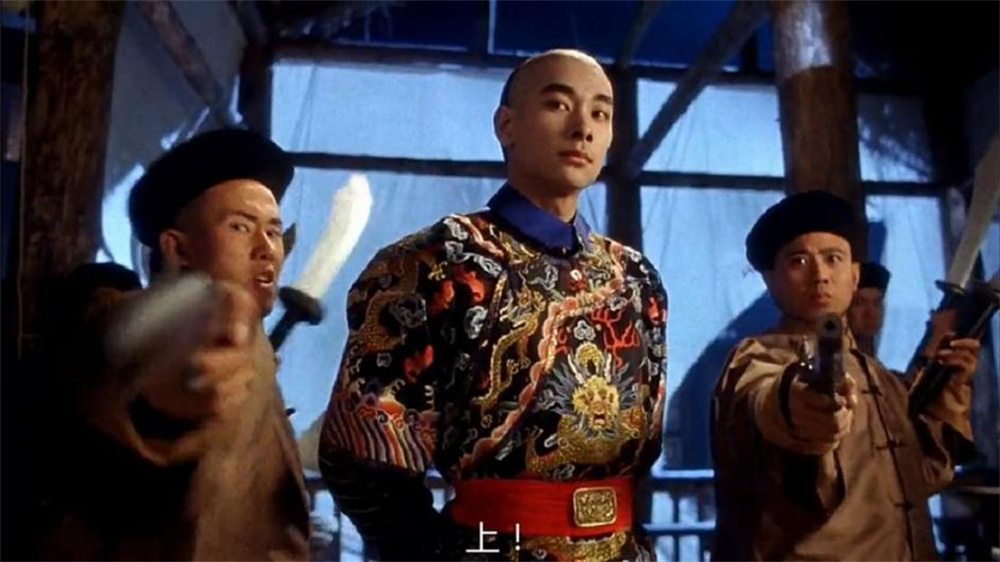
"Fang Shiyu" stills
And the other actors in the film also have a lot of background. Including Li Jiaxin, who previously co-starred in "Swordsman 2" with Jet Li, and TVB's "Autumn Official" Zheng Shaoqiu, because he played Chen Jialuo in the TV series "Book of Swords and Enmity" in the early years, and this time he crossed swords to help in the role "Big Brother with BGM". There are even some mainland actors in the film, such as the young Guo Tao and Pan Yueming, who have supporting roles.
The help of all these actors does not necessarily increase the film budget too much, but it still has a good sense of excitement. For new martial arts films, actors with different characteristics are an important element of "people from the rivers and lakes". Although a supporting role has only appeared in a few games, it can only show the effect of the so-called "martial arts heroes" if it can leave a deep impression on the audience.
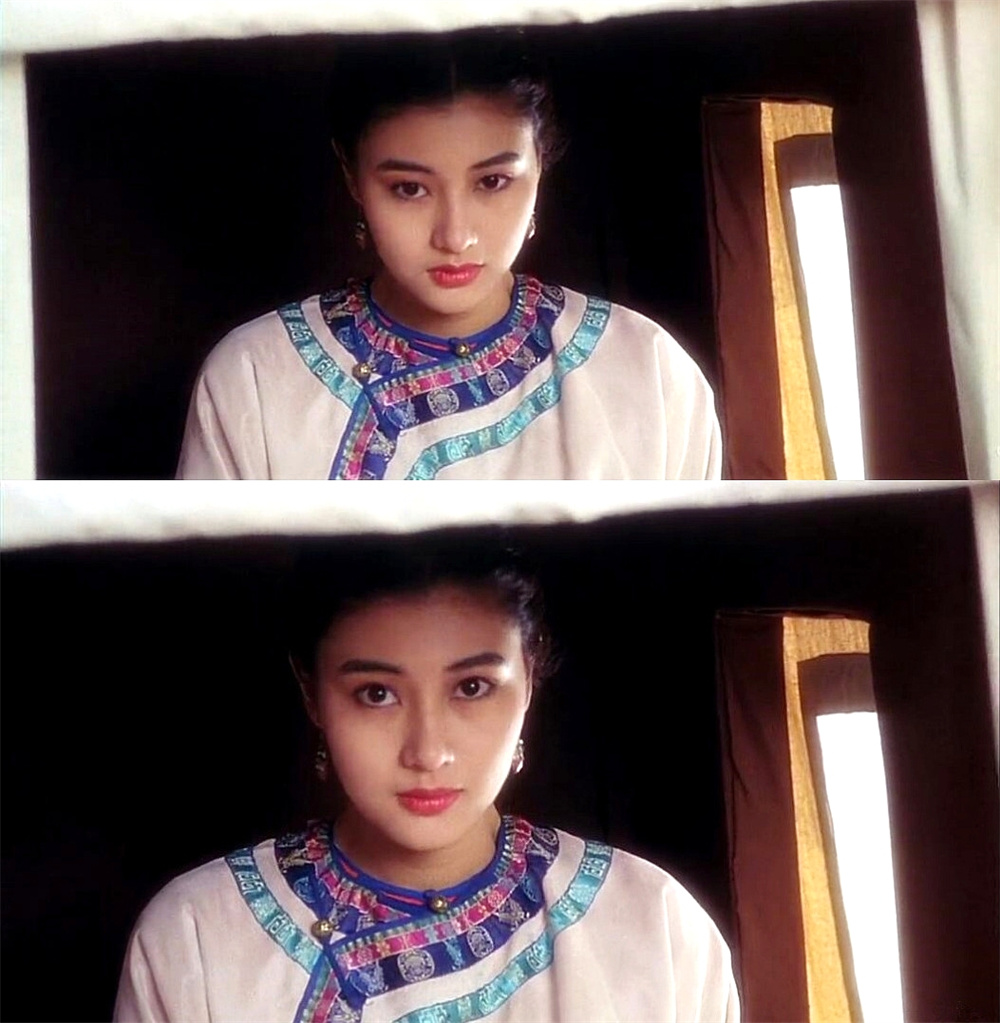
Li Jiaxin was called "wooden beauty" when she was young. Although her acting skills are average, her appearance is really good.
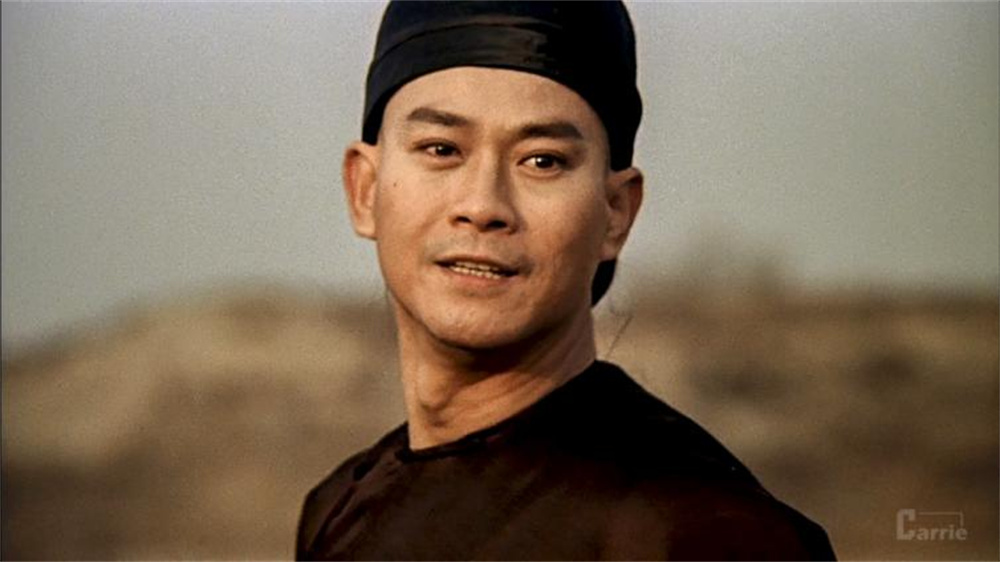
Although "Qiu Guan" has not participated in many movies, he still has a strong aura in occasional appearances.

Guo Tao plays the evil boy in the opening scene, and he doesn't have many scenes, but it can still be seen that he is acting seriously.
In the end, the film's box office revenue exceeded 30 million Hong Kong dollars, even more than "Once Upon a Time: The Lion King", Jet Li took a good breath of anger for himself. The main creator struck while the iron was hot, and released "Fang Shiyu's Sequel" half a year later, which earned another 23 million at the box office.
Although the sequel still continues the mother-child comedy setting in the original film, and adds the charming and lovely Guo Aiming to help out, it is even more brilliant than Li Jiaxin, but the plot story begins to focus on the internal struggle of the "Safflower Club", which seems a bit The taste of gangs and rivers and lakes is too heavy, and some of the popular sense of folk comedy is lost. In addition, the sequel lacked some gag supporting roles and became less lively.
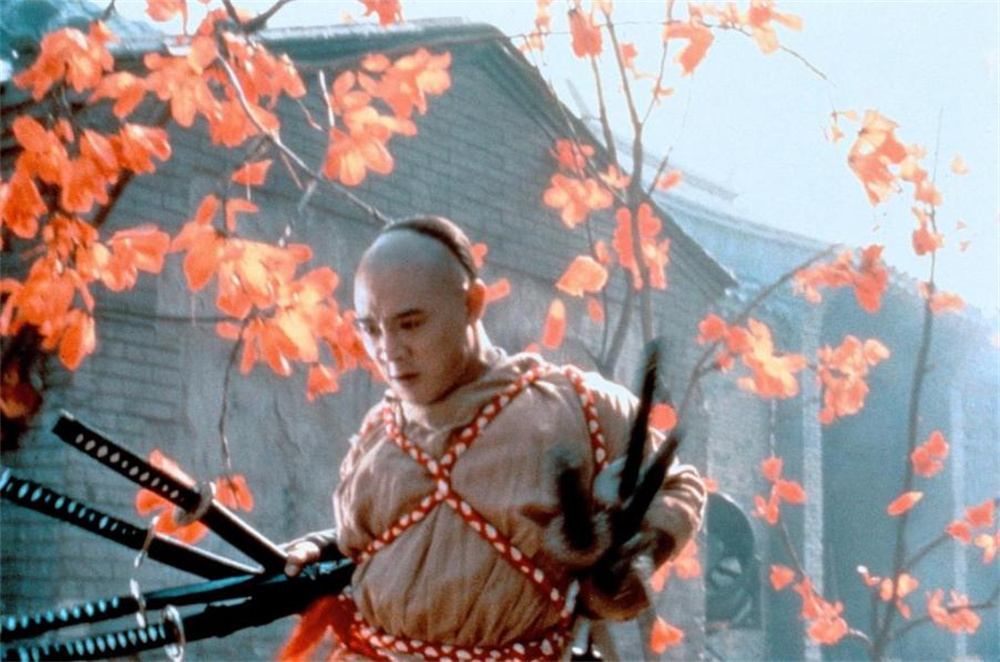

Although "Fang Shiyu's sequel" is not as lively as the previous one, the fighting scenes full of red leaves and the young and pleasant Guo Aiming are still impressive.
For kung fu comedy, the actor's seemingly playful and relaxed performance, the creativity of the martial arts play design, and the folklore and popular story background, several aspects have to be outstanding in order to achieve a seemingly simple but true comedy. Not easy commercial film. Perhaps compared to Tsui Hark's strange and heroic martial arts, and the fusion of action and comedy performances in Jackie Chan's films, Yuan Kui and Wang Jing's films do not have such distinctive style characteristics, but they are quite outstanding popular films.
It is not so easy for these seemingly popular martial arts movies to succeed. After the "Fang Shiyu" series, Jet Li filmed "Tai Chi Zhang Sanfeng" and the big production "Yi Tian Tu Long Ji" directed by Wang Jing. In 1994, Wang Jing borrowed from "Fang Shiyu" and launched "New Shaolin Five Ancestors", which described the story of Fang Shiyu's good friend "Hong Xiguan", and achieved a box office score of nearly 20 million.
Later, due to various reasons such as audience fatigue and other reasons, costume films gradually faded out. Facing the impact of Hollywood blockbusters at the same time, Hong Kong films turned more to urban dramas depicting modern dramas such as police and gangsters and gun battles. Jet Li's ancient costumes almost disappeared, and several films such as "Letter to Dad", "Jing Wu Hero" and "Black Man" became the last few memorable works of him before he moved to Hollywood.

